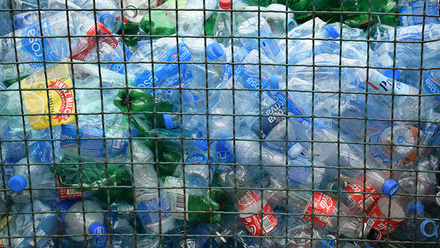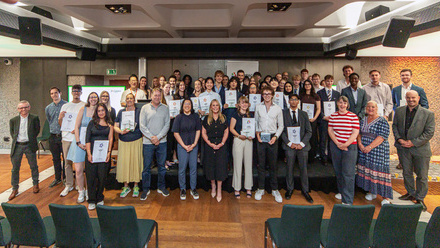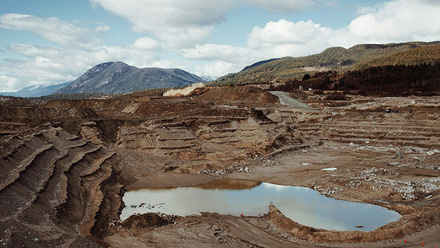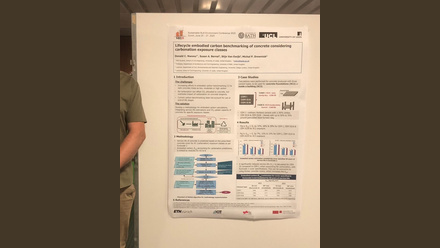Is that a black swan on the horizon?
Dr Ben Walsh of UK Research and Innovation on why the foundation industries need to do all they can to embrace a transformation in resource and energy efficiency.

Events as varied as the 2008 financial crash, the fall of the Soviet Union and internet shopping have been coined ‘Black Swan’ events. They come as a total surprise to those involved, have a profound effect and, with the value of hindsight, are usually predicable.
I would argue that the haunting image of a dead whale calf being carried in the mouth of its mother on the BBC’s David Attenborough documentary Blue Planet II is a clear example of a Black Swan event. This single image has changed the perception of plastic packaging and challenged our throwaway culture.
Attenborough himself notes that ‘Blue Planet II spurred a passionate global response and generated clear behavioural and policy change’. In the UK, the policy change centres on legislation under the umbrella term of net-zero. It commits the UK to effectively eliminate carbon emissions by 2050.
It cannot be overstated how important this commitment is. It will have a profound effect on every part of the economy. For the materials processing industries, which generate 50% of all industrial CO2 emissions, this is even worse, because between 2001 and 2017, England’s material carbon footprint increased by 16%.
Given this trajectory, if the sector does not move quickly, it could walk into a Black Swan event. Is there going to be a Blue Planet II moment for glass, concrete, steel or aluminium? This may seem far-fetched but there are some worrying signs. For example, the current high-profile issues around the Cumbria coal mine show how – what appear to be side issues – can suddenly cast long shadows over the industry.
How we use products and materials will need to radically change if we are to reduce emissions from the manufacture of materials. The influential Committee for Climate Change 6th Carbon Budget report shows that half of all industrial carbon abatement in the next decade will be achieved by resource (material) and energy efficiency. This will require using less material in products, changing how those materials are manufactured and completely redesigning products to reduce their impact.
This is in stark contrast to conventional thinking that carbon capture and storage and hydrogen are the saviours of high-emitting sectors. If we rely too heavily on these technologies, we could sleepwalk into a Black Swan event. These technologies will be vital to meeting net-zero commitments, but alone, they are simply not enough.
We need to take a minute to recognise just how difficult this will be. Fundamentally shifting the sector from the standard business model of high volume and low margins will be the biggest challenge the sector has ever faced. Key questions include: Does it have the know-how and the facilities to change? Can the supply chain come together to solve common challenges? And does the sector have enough finance to enable these capital-intensive industries to change?
Our team has been set up to directly address these questions. I am part of UK Research and Innovation’s Transforming Foundation Industries Challenge Team. My job is to support the foundation industries (glass, metal, cement, ceramic, paper and chemical) to develop new resource and energy-efficient technologies to deliver materials vital to the high-value manufacturing and construction sectors. By focusing on efficiency savings, the Challenge will help make companies more competitive by making the sector more environmentally sustainable.
Our £149mln, four-year programme is supporting the sector by developing state-of-the-art glass pilot facilities, funding research and development in businesses, backing academic research and working with the investment community to support exciting new clean technology companies.
We are helping companies become more innovative and are working to support the next generation of scientists, engineers and leaders to transform how the sectors manufacture the materials vital to our society. We are also working with the industries themselves to develop a unified voice, so that they can show the leadership necessary to deliver net-zero.
The world is changing, and we must meet the challenges that presents. Please get involved, we can only transform these sectors with your support and this programme is only the first step.
Our aim is a thriving and sustainable UK-based supply chain that enables the UK to prosper and provide the materials needed for a modern economy without causing environmental damage. This transition will take decades to complete, but by working in partnership with government, businesses and customers, we are confident that we will be successful, and in doing so, that Black Swan will never appear.










